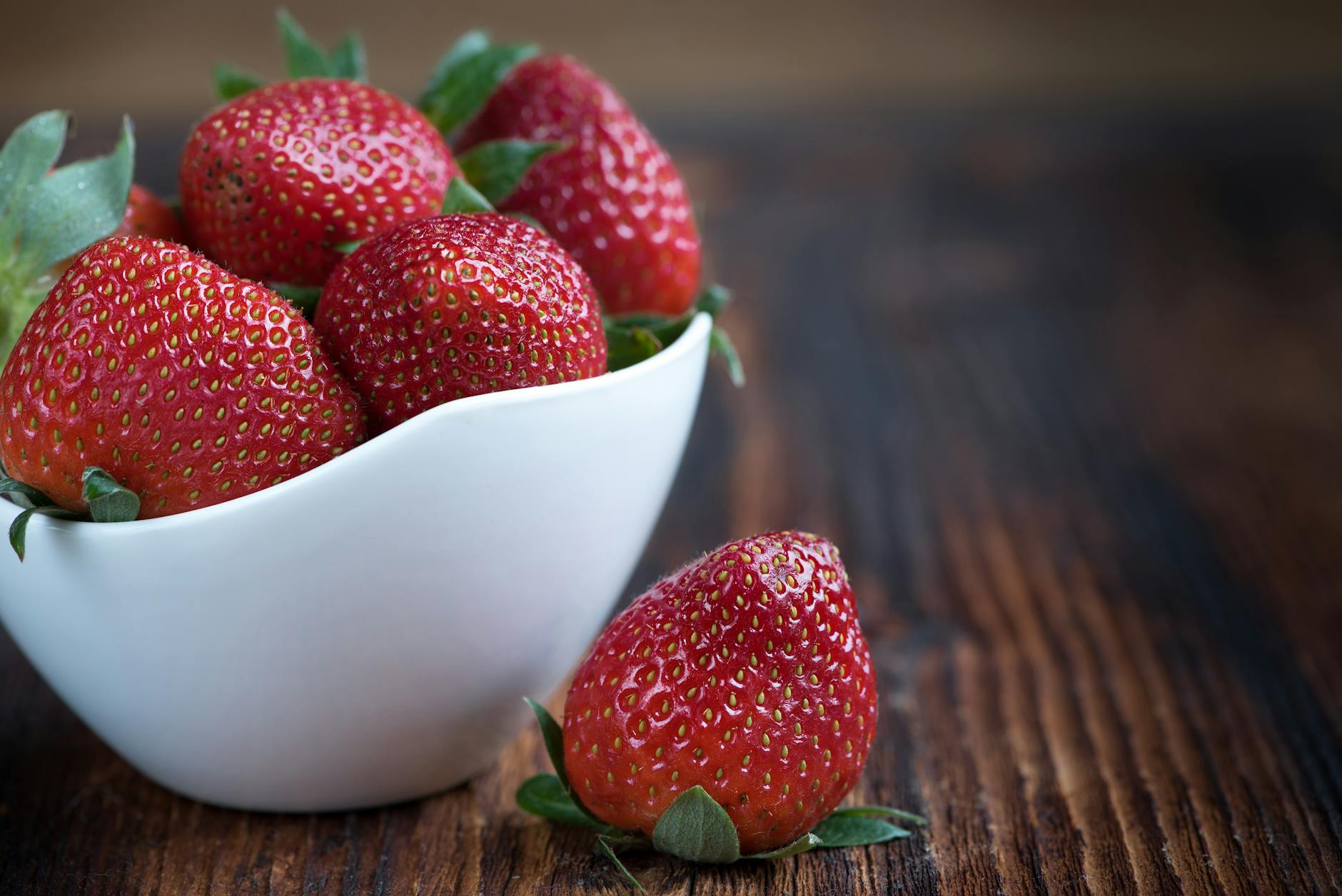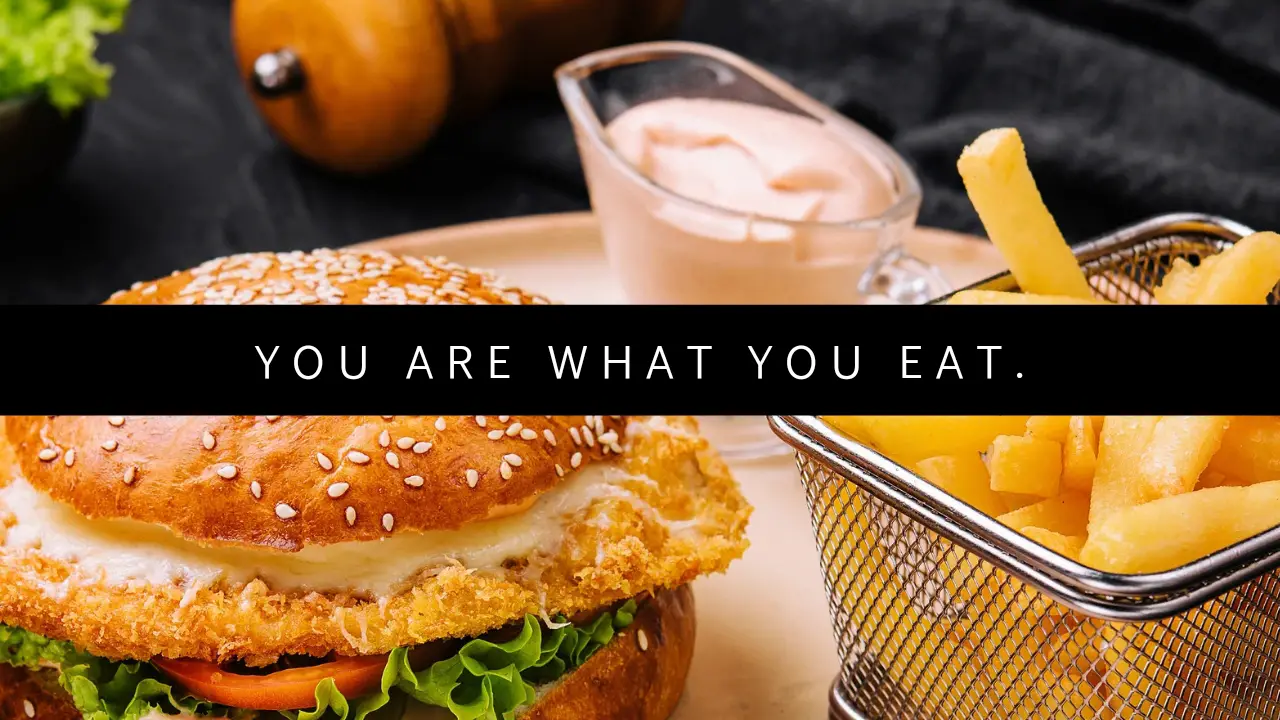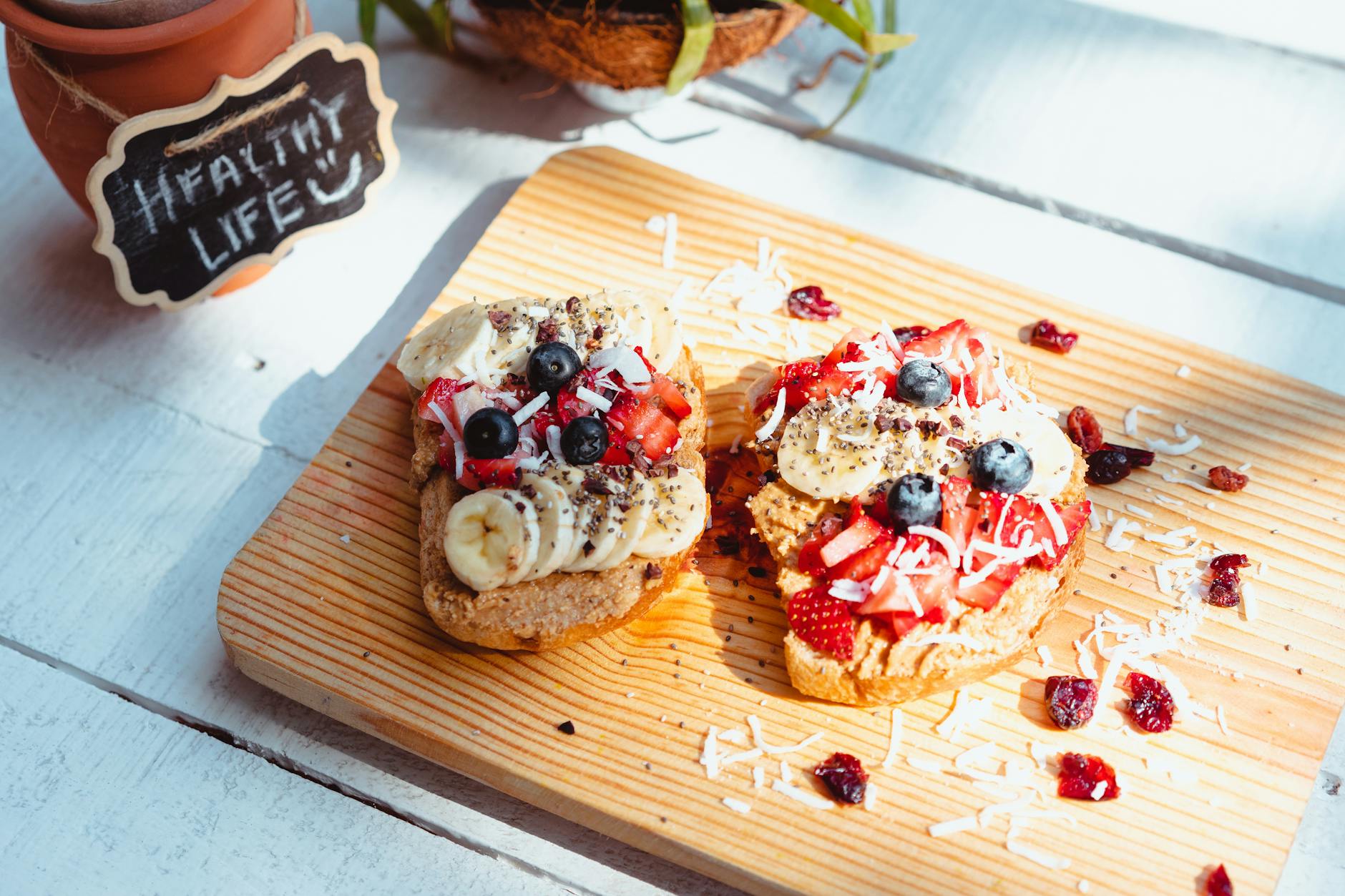With the overwhelming amount of diet advice available today, it’s no wonder many women fall prey to diet myths that promise quick fixes but often lead to frustration, health challenges, or unsustainable habits. Let’s break these myths down with relatable, everyday examples.
1. Myth: Skipping Meals Helps You Lose Weight Faster
Truth: Skipping meals, especially breakfast, can lead to overeating later in the day and a slower metabolism.
Example:
- Mary skips breakfast to “save calories,” but by lunchtime, she ends up eating more food than she would have had if she started the day with a balanced meal like porridge or a fruit smoothie.
What to Do Instead: Eat small, balanced meals throughout the day to keep your energy stable and your metabolism efficient.
2. Myth: Carbs Are Bad for Women Trying to Lose Weight
Truth: Not all carbs are equal. Complex carbs like whole grains, fruits, and vegetables provide essential nutrients and energy.
Example:
- Susan avoids bananas because she’s heard they’re “fattening,” but instead, she snacks on processed “low-carb” crackers. In reality, bananas offer natural sugars, fiber, and potassium, making them a healthier choice.
What to Do Instead: Choose whole-grain chapati or brown rice instead of refined carbs like white bread.
3. Myth: Eating Fat Makes You Fat
Truth: Healthy fats, such as those in avocados, nuts, and olive oil, are essential for hormone production, brain function, and skin health.
Example:
- Jane avoids adding avocado to her salad, fearing it will make her gain weight, but she ends up feeling hungry shortly after eating. Adding a small portion of healthy fat would have kept her full longer.
What to Do Instead: Incorporate healthy fats in moderation for long-lasting satiety and health benefits.
4. Myth: Detox Teas and Juices Are the Best Way to Cleanse Your Body
Truth: Your liver and kidneys naturally detoxify your body. Most detox products are marketing gimmicks and can even be harmful.
Example:
- Ann spends a fortune on “detox teas” claiming to flush out toxins, only to experience dehydration and no lasting results.
What to Do Instead: Drink water, eat fiber-rich foods like fruits and vegetables, and let your body do its natural detoxing.
5. Myth: You Must Eat Less to Look Slim
Truth: Eating less isn’t always the answer; eating right is. Starving yourself often leads to nutritional deficiencies and fatigue.
Example:
- Lucy drastically cuts her food portions, leaving her hungry, irritable, and less productive. Had she replaced processed snacks with balanced meals, she would have felt fuller while consuming fewer calories.
What to Do Instead: Focus on nutrient-dense meals with plenty of vegetables, lean proteins, and whole grains.
6. Myth: Snacking Is Bad for Your Diet
Truth: Healthy snacking can prevent overeating during meals and keep your energy up throughout the day.
Example:
- Instead of snacking, Grace waits until lunch, then devours a huge plate of ugali and stew, feeling lethargic afterward. If she had snacked on a handful of roasted peanuts mid-morning, her lunch would have been more moderate.
What to Do Instead: Snack smart with nuts, fruits, or plain yogurt when hungry.
7. Myth: You Should Avoid Eating After 6 PM
Truth: It’s not about when you eat but what and how much you eat.
Example:
- Stella avoids dinner entirely, only to wake up starving in the middle of the night and binge on cookies.
What to Do Instead: Eat a light, balanced dinner if you’re hungry in the evening, such as a bowl of vegetable soup or a small portion of beans and rice.
8. Myth: Only Expensive Foods Are Healthy
Truth: Healthy eating doesn’t have to break the bank. Affordable, local foods can be highly nutritious.
Example:
- Nancy spends on imported superfoods like chia seeds, overlooking affordable options like groundnuts or chia grown locally.
What to Do Instead: Choose locally available, nutrient-rich foods like sweet potatoes, lentils, and indigenous vegetables.
Conclusion:
Diet myths can mislead even the most health-conscious women. By understanding the science behind these misconceptions and focusing on balanced, realistic eating habits, women can achieve better health and sustainable results.
Discover more from Simple Nutrition
Subscribe to get the latest posts sent to your email.








